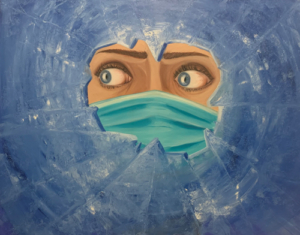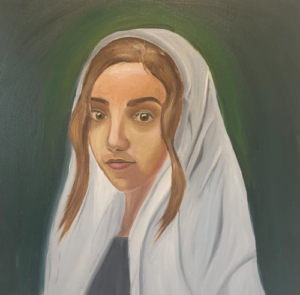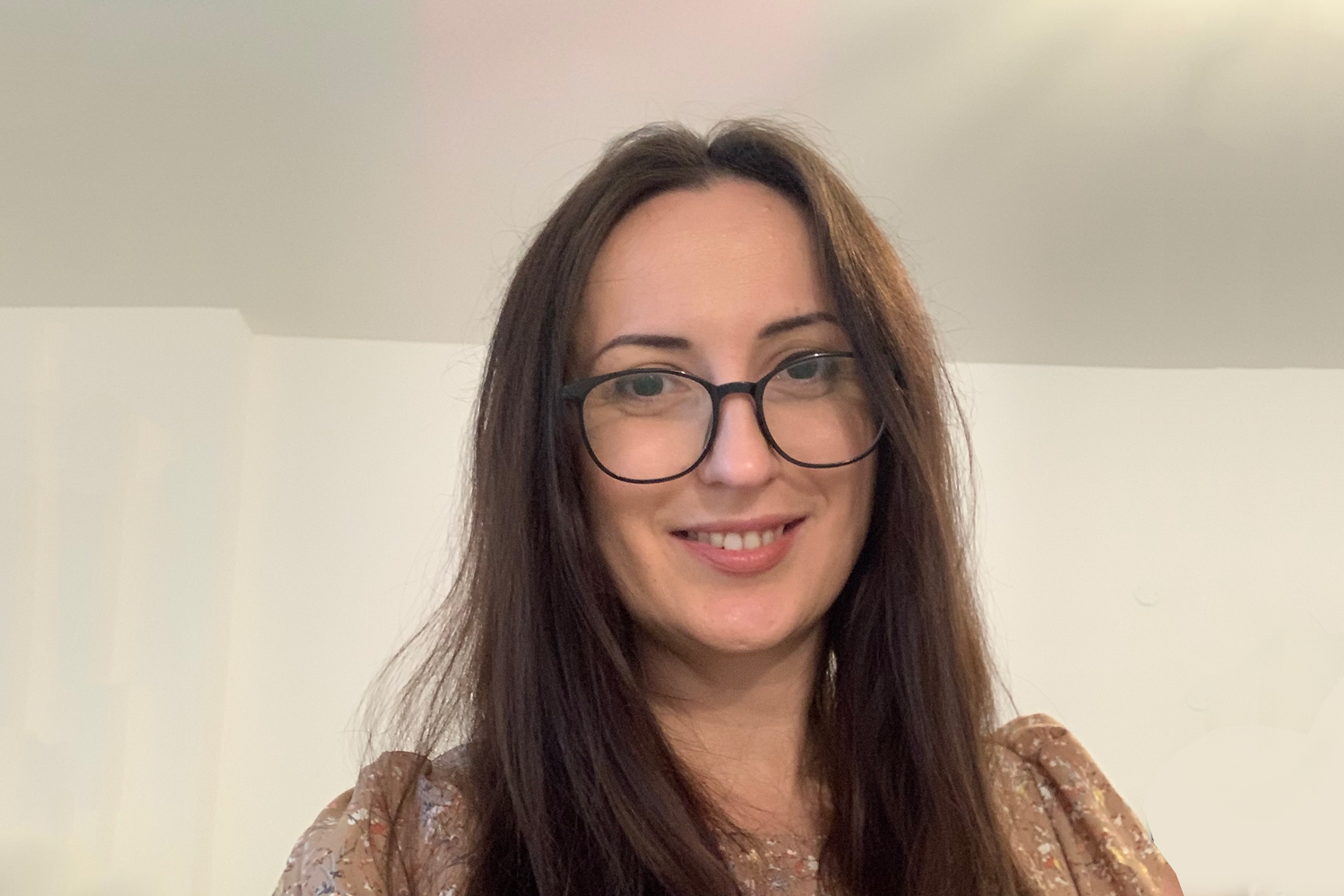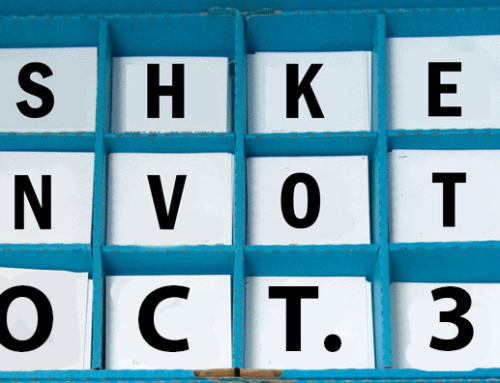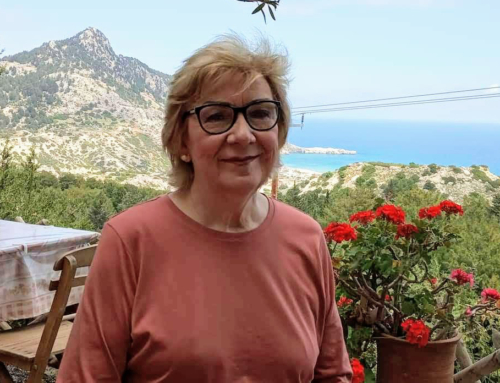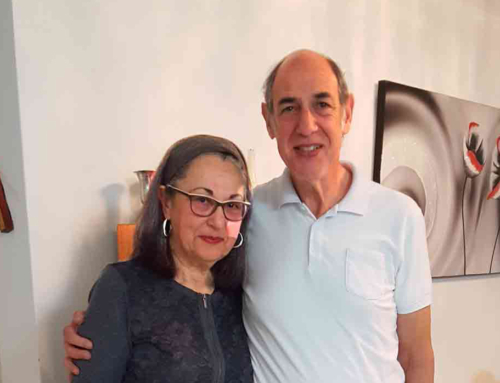Miri
Miri moved to Ashkelon in the summer of 2020 from Jaffa. Her arrival in Israel was through a circuitous route: born in Romania, grew up in New Zealand and made Aliyah from Hong Kong in 2017.
Moving during a pandemic presented challenges in meeting new people, but as she said, “I can tell by getting to know my neighbors that there are many lovely people living in Ashkelon. I feel that people are easy going and helpful and I am looking forward to when we are out of this crisis in order to socialize more.”
Miri, aged 37, describes her Hebrew skills as “fluent, though limited vocabulary. I don’t think you need to be fluent to live in Ashkelon, but some day-to-day Hebrew will help because not everyone here speaks English.”
Pre-COVID-19, Miri commuted from Tel Aviv to her job as a product manager for a Holon-based software company. But when she was given the chance to work from home, it made more sense to move from the center, where prices of rentals are considerably higher. She goes into the office occasionally to catch up with her colleagues and enjoys listening to BBC and Economist podcasts during her commute.
When asked, “Why Ashkelon?” Miri said, “I chose Ashkelon because it has beautiful beaches and I fell in love with the marina. I am also an artist, and the more affordable rent of Ashkelon enabled me to set up a work space in my own home, which is less practical in the smaller units in Tel Aviv.
Miri paints in oil and commented, “It was the beauty of Ashkelon that inspired me. My studio is both my office and studio. Our beautiful sea shores inspire me but my paintings are more like still life and portraits. I must also add that Ashkelon is way quieter than Tel Aviv, which is very helpful for artists and people who work from home.”
Ashkelon is physically as large as Tel Aviv, but has a fraction of the population. With so many neighborhoods to choose from, Miri chose to rent an apartment in the southern neighborhood of Agamim. She explained. “I chose Agamim because of the high-quality, new apartments and good demographic. Originally, I wanted to live somewhere close to the beach but I soon learned that everything in Ashkelon is a 10-minute drive, maximum. Since that’s a short drive, I preferred to focus on the apartment / neighbors and less on the location. Living by myself (and two cats), I wanted to make sure that I feel safe and surrounded by decent neighbors.”
Ashkelon has both religious and secular residents and there seems to be a good connection between them. Miri commented, “I feel Ashkelon has a balanced mix of dati and chilonim and it is very easy to connect with both groups if you are open and respectful to everyone’s beliefs. I am not dati in the Orthodox sense, I belong rather to Masorti and Reform demographic. “
Ashkelon was designed with very large swaths of land that are green. The heart of Afridar has a the “Desha HaGadol” a very large park that cuts across the center of the neighborhood, where people stroll along the paths and the surrounding village-like community. Miri said, “Some of the advantages of living in Ashkelon is the sense of space compared with other cities/areas, reasonable rent prices and you still get the benefit of living close to the beach.”
The city is not only “green”, there are a number of malls and shopping areas that provide anything residents might need. Miri added, “There are some good shopping centers. I particularly like Globus which is close to where I live in Agamim neighborhood. “
Miri explains, “When I am not working, painting or spending time at the Marina or any of the beaches, I like to run, hike in the Ashkelon National Park and try to develop myself by learning courses. Currently I am working at improving my Japanese language skills.”
When people in the center talk about Ashkelon, the question of sirens usually comes up. When Miri is asked if she is afraid, she responds, “Not really. Firstly, ideologically it is important for us as Israelis not to retreat to the central areas out of fear. We need to be brave to live where we wish in our land. But I think it is also a matter of perspective. I am a survivor of the devastating earthquakes of 2011 in New Zealand. When you are in an earthquake, you get zero warnings and don’t really have where to hide. In the event of rocket attacks, we have alarms, and bomb shelters and to me personally it makes a huge difference and makes me feel safer than when I was living in New Zealand believe it or not.
Miri added, “We seem to have a growing Olim community in Ashkelon, which is nice to see. Come join us!”
Paintings by Miri
